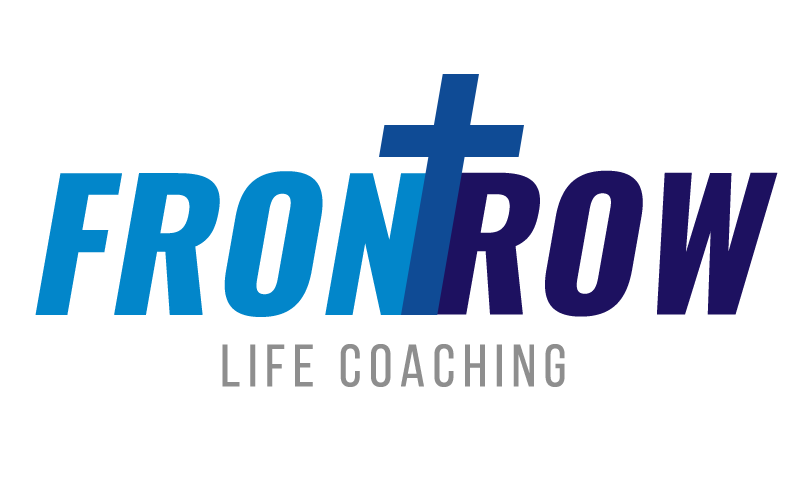Have you ever been in an auto accident and had to tell the other person or the police officer, “I didn’t see the other car coming?” Perhaps you’ve heard a football broadcaster comment on a quarterback sack, “Ooh, he got blindsided on that one?”
Blind spots . . . they aren’t a problem for drivers and quarterbacks only.
Bill McCartney, founder and president of Promise Keepers, relates the definition he heard of blind spot: “’a coping mechanism for the purpose of self-defense . . . if one can’t cope with an issue, then one tends to act as though it’s not there. After repeatedly blocking it out, it will appear to go away—but no, it remains and remains and remains.’’
We all have them. They keep us from experiencing the fulfilling life that we want to live. What makes them particularly difficult is knowing all this but being paralyzed by the fear of what we will find when look into them. We would rather not know. It is far easier to live with the pain we are currently experiencing than it is to face the unknown pain of what’s in my blind spot. Even more painful is the thought that others may see those things that are in my blind spot.
What causes these blind spots?
As noted before, what’s in a blind spot is usually a coping mechanism we have chosen for our own. We seek relief from the pressure of a difficult and unpleasant situation. But there is a spiritual component, as well. Paul provides a partial explanation when he writes, “The god of this age has blinded the minds of unbelievers so that they cannot see the light of the Gospel of the glory of Christ.” Even Christ’s disciples suffer the lingering effects of this blindness. We sing, “I once . . . was blind, but now I see.” But this sight is not fully restored, as Paul writes, “For now we see in a mirror, dimly.” Sometimes, we’re either ashamed or afraid to allow the light of the Gospel shine into certain areas of our lives, afraid of what the light might reveal.
What can you do about your blind spots?
Solomon advises: “As iron sharpens iron, so one man sharpens another.” (Prov. 27:17) Continuing to live with obstacles in your blind spot makes you dull. Seeking help in identifying those things is wise. Enlisting the help of a personal coach is one way to get that help. The author of Hebrews urges us to “consider how we spur one another on toward love and good deeds.”(10:24) As you watch any athletic event, the coach is part cheerleader, stirring up confidence and drive to execute the game plan no matter how unlikely a victory appears.
Your coach will also listen to you describe those situations in your home or at work with which you are struggling and ask the follow-up questions that can help to bring focus to ways to overcome or dismantle the obstacles. For example, if you are struggling with a personal habit that you’ve been attempting to break, are you aware of the triggers that start you down the path to the behavior? Working to identify points in the pattern of behavior where you can respond differently provides a key to life change.
In some cases, you may be aware of the ways you need to change but have not been able to maintain motivation to follow through with your plan. Your coach can help you uncover the ways that you’ve been sabotaging yourself. Sometimes we are unaware of just how powerful a grip the habit has on us. You can work to identify the deeper motivations that are working to keep the obstacle in place in spite of your efforts to remove it. While you want deeper intimacy in your marriage, you fear disclosing some life experience you are ashamed of. By the gentleness and compassion of Christ, your coach can help you bring those experiences to Christ and find the assurance of forgiveness that will move you past the shame.
Thankfully, our God is gracious. We know His mercies are brand new each morning and moment by moment. Fortified by the knowledge of His love and the fearlessness that comes by His Spirit, we are able to identify the things that are in our blind spot and choose new proactive and biblical ways of responding to the pressure of our lives’ difficult and unpleasant circumstances. As we do, we will be able to say, “I can face everything through him who gives me strength.”





